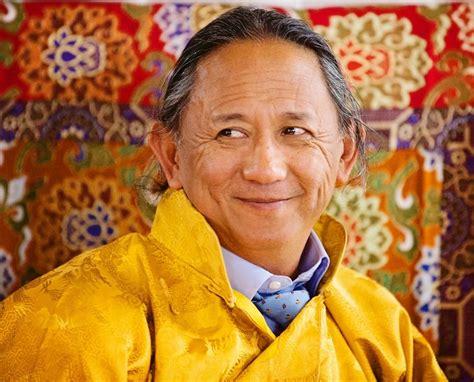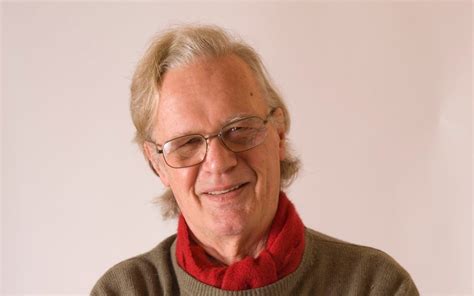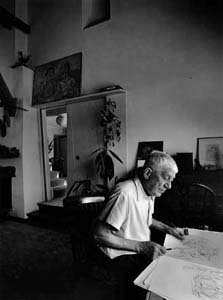A Quote by Alan Watts
Our normal sense of the person as a lonely island of consciousness, is a dramatic illusion based on theological imagery.
Related Quotes
In our world of big names, curiously, our true heroes tend to be anonymous. In this life of illusion and quasi-illusion, the person of solid virtues who can be admired for something more substantial than his well-knownness often proves to be the unsung hero: the teacher, the nurse, the mother, the honest cop, the hard worker at lonely, underpaid, unglamorous, unpublicized jobs.
If we hope to stem the mass destruction that inevitably attends our economic system (and to alter the sense of entitlement - the sense of contempt, the hatred - on which it is based), fundamental historical, social, economic, and technological forces need to be pondered, understood, and redirected. Behavior won't change much without a fundamental change in consciousness. The question becomes: How do we change consciousness?
Our business is to wake up. We have to find ways in which to detect the whole of reality in the one illusory part which our self-centered consciousness permits us to see. We must not live thoughtlessly, taking our illusion for the complete reality, but at the same time we must not live too thoughtfully in the sense of trying to escape from the dream state. We must be continuously on watch for ways in which we may enlarge our consciousness.
The part of you that is unhampered by illusion-the illusion of time, the illusion of powerlessness, the illusion of impossibility-i s waiting for you to slow down and open up so that it can speak to your consciousness. In some unguarded moment, you will hear its wildly improbable words and know that they are guiding you home.
Humour allows us to see that ultimately things don't make sense. The only thing that truly makes sense is letting go of anything we continue to hold on to. Our ego-mind and emotions are a dramatic illusion. Of course, we all feel that they're real: my drama, your drama, our confrontations. We create these elaborate scenarios and then react to them. But there is nothing really happening outside our mind! This is karma's cosmic joke. You can laugh about the irony of this, or you can stick with your scenario. It's your choice.
When you continuously know and sense yourself as the space of consciousness rather than what appears in consciousness - sense perceptions, thoughts, emotions - then it can be said that you are enlightened... except that you wouldn't think or speak of yourself as 'enlightened', because that would instantly create another mind-based conceptual identity and so it would be the end of 'your' enlightenment.
One way of saying that is that there is an objective reality beyond our mind. A way to think of this in a philosophic sense is to look between the two great extremes: the idealist philosophy that says mind and consciousness is the only thing and that matter is simply an illusion, or a Maya, the product of mind; and the other extreme, a strict materialist determinism, which says that mind and consciousness is a secondary phenomenon of the collision of matter.
Ultimately, there is no such thing as "my consciousness," but just the one consciousness and to sense your connectedness with the one (I can sense that continuously, which is why I can say that I know this for sure) to sense that connectedness with the one consciousness that pervades the universe, which in some traditions is called God, to sense that frees you of fear, from anxiety, and takes you to a very deep place of peace, but also of heightened aliveness.








































